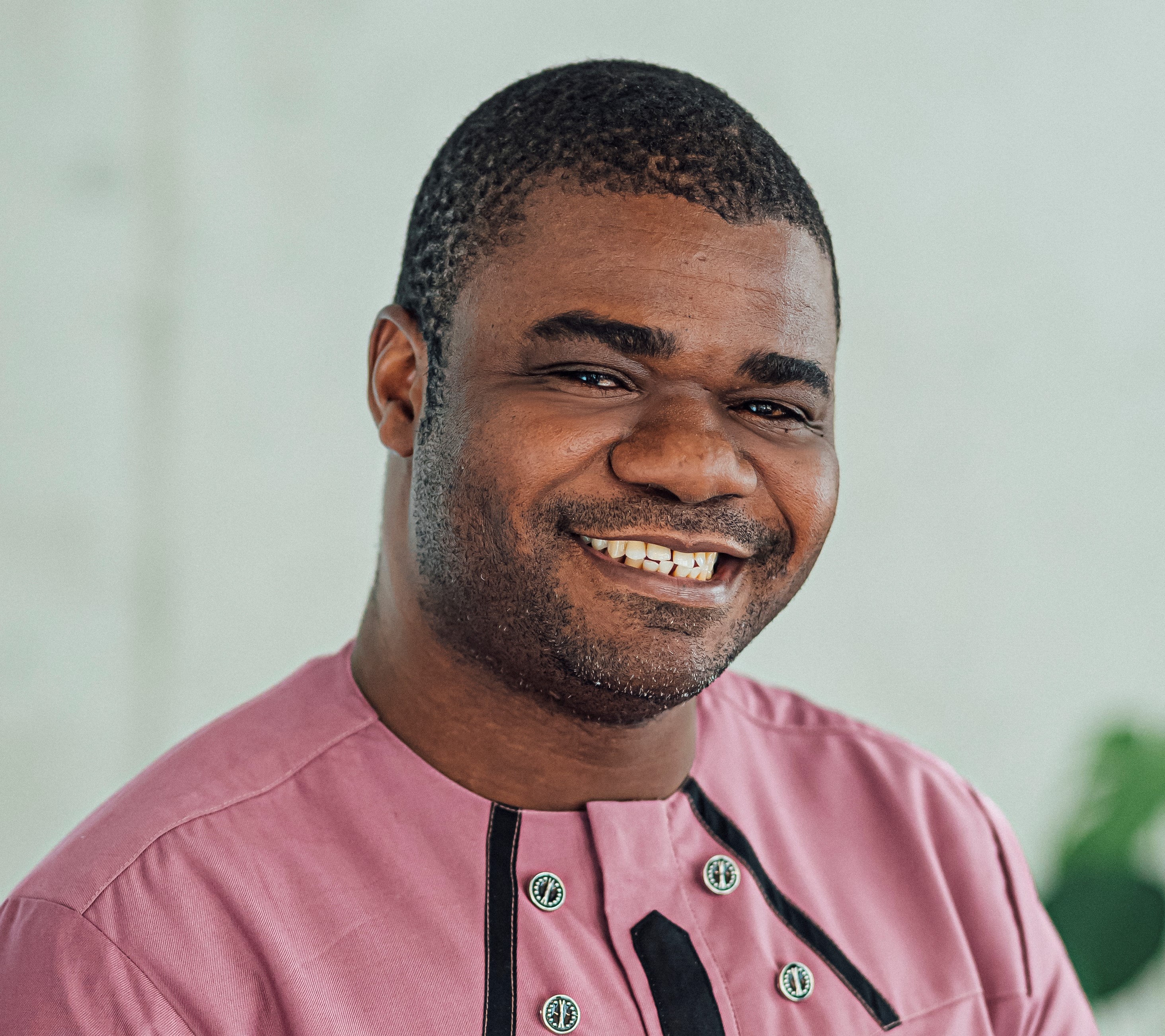CEIMIA contributes to the academic training of junior researchers in responsible AI in Africa

Photo credit: CEIMIA Graduate Class studants of the ESSTIC, University of Yaoundé II.
Artificial Intelligence (AI) has transformed the way we live, work and interact; opening up unprecedented possibilities for change, reshaping sectors that range from education and healthcare to commerce and entertainment. There can be no doubt that AI has the potential to transform various aspects of life and society, particularly in the African context. However, in order to put AI to the service of Africa, Africans must take ownership of AI with no complexes and in a responsible way. To this end, educational institutions and local governments, amongst others, have a crucial role to play in fostering local talents. These actors need to develop tailored AI curricula in schools and universities, with a specific emphasis on African contexts and needs; and to support local talent in AI project leadership roles. This is what motivated the CEIMIA – Centre d’Expertise de Montréal en Intelligence Artificielle (International Centre of Expertise of Montreal in Artificial Intelligence) to support a number of African academic institutions in training junior researchers in responsible AI in Africa. One of them is the École supérieure des Sciences et Techniques de l’Information et de la communication (ESSTIC) in Yaoundé, Cameroon.
The research partnership between CEIMIA and ESSTIC
ESSTIC is a specialized school of the University of Yaoundé II in Cameroon. Founded on 15 May 1970 under the name École Supérieure Internationale de Journalisme de Yaoundé (ESIJY), this sub-regional school – comprising six countries: Gabon, Central Africa Republic, Rwanda, Togo, Chad and Cameroon – currently offers training in the following fields: journalism, corporate communication, archives, library science, advertising and publishing. Amongst these trainings, the Master’s degree in digital humanities, which is the subject of a scientific partnership between ESSTIC and CEIMIA.
Indeed, as part of its African strategy, CEIMIA intends to build collaborations between AI ecosystems in Africa, GPAI and Canadian AI ecosystem actors and to strengthen the capacity of AI experts in Low-and Middle-income Countries (LMIC). It is in this context that on 30 August 2022, CEIMIA signed partnership agreements to support the training of ESSTIC’s Master students in Digital Humanities. This support included covering the students’ tuition fees and supervising their research by CEIMIA’s researcher-in-residence, Dr Thomas Mboa Nkoudou. As part of this partnership, students who received support from CEIMIA committed to contributing to writing the GPAI reports on data institutions and the CEIMIA reports on the state of AI in Africa. Moreover, they were expected to write their theses on topics emerging from the reports on the state of AI in Africa. This cohort of students has been designated the Promotion CEIMIA (CEIMIA Graduation Class) and on March 13th they were invited to publicly defend their Master’s dissertation.
Master's theses focused on responsible AI in Africa
In his work entitled “The discoverability of scientific content in the age of Artificial Intelligence: an exploratory study in French-speaking Africa”, David Alex Eto Mengom starts off by documenting the obstacles hindering the discoverability of scientific content in French-speaking Africa. He then carries on by outlining existing solutions for optimizing discoverability in the age of AI.
Nkweti Ateh Christabella’ s thesis entitled “Artificial Intelligence in the Area of GLAMS (Galleries, Libraries, Archives and Museums) in Africa”, provide insights into the dynamics of AI adoption, its implications for cultural heritage preservation, information management, and user engagement in GLAM institutions across Africa.
Entitled “Artificial Intelligence and Global health: challenges, opportunities and prospects in Africa” Samuel Oum Ngombi’s essay calls for the ethical, equitable and sustainable use of AI in health in Africa, encouraging critical reflection on its impact beyond its economic dimensions.
Finally, Ulrich Talla Wamba’s dissertation on “Data governance in the Cameroon part of the Lake Chad Basin: the case of local organizations working with populations affected by climate change”, focuses on data governance and its role in the collection, management and use of information for the benefit of populations affected by climate-induced migration. The study also highlights the contribution of data governance to the development of relevant and effective AI solutions.
After supporting this first cohort of junior African researchers in Responsible AI, it is with great satisfaction that CEIMIA intends to consolidate and extend this programme as part of its African strategy. We strongly believe that we contributed to the Internationalisation of Higher Education (IoHE) at home, through curriculum-oriented scientific activities that develop international or global understanding and intercultural skills around responsible AI. Therefore, we encourage:
- stakeholders in the African AI ecosystem (decision-makers, researchers, etc…) to take note of this work and to heed the recommendations made therein so that they can better harness the potential of AI for the development of Africa;
- Donors to provide more fundings to CEIMIA for this junior researchers programme, in order to foster the follow-up of this research through PhDs and the development of concrete solutions in responsible AI.

Meet the CEIMIA team
Through a unique collaborative structure, CEIMIA is a key player in the development, funding and implementation of applied AI projects for the benefit of humanity.
